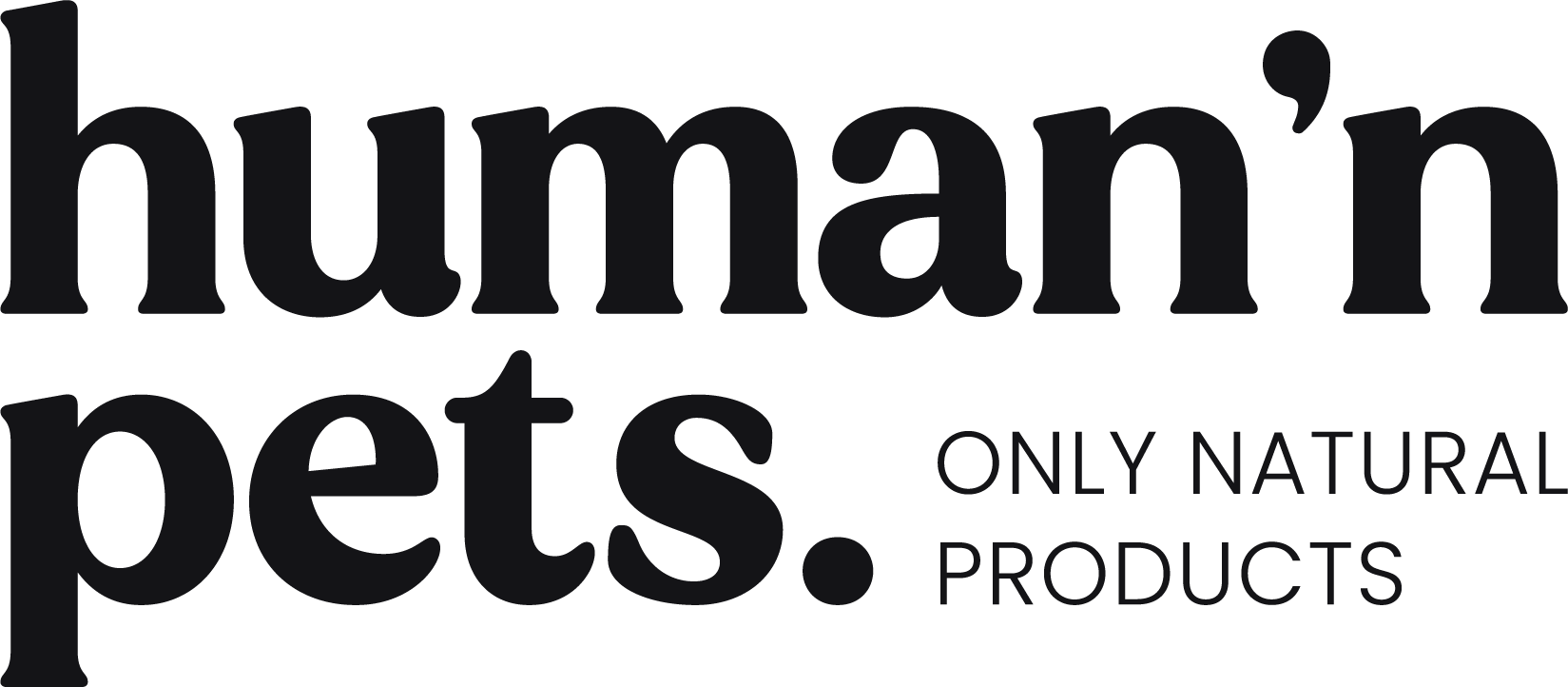When it comes to feeding our furry friends, the goal is always to provide them with the best possible nutrition. However, in our quest to give them a healthy diet, we may unknowingly be exposing them to harmful substances.
One of the most concerning issues in commercial dog foods today is the prevalence of synthetic vitamins and minerals. While these additives are often touted as essential for your pet’s health, they may not be as beneficial—or as safe—as they seem.
What Are Synthetic Vitamins and Minerals?
Synthetic vitamins and minerals are man-made compounds designed to mimic the nutritional benefits of their natural counterparts. Unlike naturally derived vitamins and minerals, which are obtained directly from whole foods, synthetic versions are created in laboratories using chemical processes. These additives are then incorporated into pet foods to meet nutritional requirements and extend shelf life.
The key difference between natural and synthetic nutrients lies in their bioavailability—the extent to which they can be absorbed and utilized by the body. Natural vitamins and minerals come with cofactors, enzymes, and other nutrients that enhance their absorption and effectiveness. In contrast, synthetic versions often lack these important components, making them less effective or even potentially harmful.
The Problems with Synthetic Additives
One of the major issues with synthetic vitamins and minerals is that they can cause an imbalance in your dog’s diet. Since synthetic nutrients are often added in isolated forms, they can disrupt the delicate balance of nutrients that dogs need to thrive. For example, an excess of one synthetic vitamin could lead to a deficiency in another, causing long-term health issues.
Moreover, synthetic vitamins and minerals are often derived from sources that are not easily metabolized by dogs. For instance, synthetic vitamin E (dl-alpha-tocopherol acetate) is derived from petroleum by-products. While natural vitamin E (d-alpha-tocopherol) is a powerful antioxidant, its synthetic counterpart lacks the same potency and may even pose health risks over time.
Potential Health Risks
Feeding your dog a diet high in synthetic vitamins and minerals can lead to several health problems. Over time, these artificial nutrients can accumulate in your dog’s body, leading to toxicity and a range of related issues. For instance, excessive synthetic vitamin D can cause hypercalcemia, a condition characterized by elevated calcium levels in the blood. This can result in kidney damage, joint problems, and other serious health concerns.
In addition to toxicity, synthetic additives can also trigger allergic reactions in some dogs. Since these compounds are foreign to the body, they can cause immune system responses that manifest as skin irritations, gastrointestinal issues, and other allergic symptoms.
Another significant risk associated with synthetic vitamins and minerals is their potential to mask underlying health problems. For example, a dog that is consistently fed a diet rich in synthetic vitamins may appear healthy on the surface, while in reality, they could be suffering from nutrient deficiencies or imbalances that are not immediately apparent. This can delay diagnosis and treatment of serious health conditions, ultimately putting your dog’s well-being at risk.
The Benefits of Natural Nutrition
Given the potential dangers of synthetic vitamins and minerals, many pet owners are turning to natural, whole-food-based diets for their dogs. A natural diet provides all the essential nutrients in their most bioavailable forms, ensuring that your dog receives balanced nutrition without the risks associated with synthetic additives.
Natural sources of vitamins and minerals include fresh meats, vegetables, fruits, and grains. These whole foods contain a complex matrix of nutrients that work together to promote optimal health. For example, liver is a rich source of natural vitamin A, while leafy greens provide an abundance of vitamin K and other vital nutrients.
By feeding your dog a diet based on natural, whole foods, you can help support their immune system, maintain a healthy weight, and prevent a wide range of health issues. Additionally, a natural diet is often more palatable for dogs, leading to improved appetite and better overall well-being.
How to Choose the Right Dog Food
When selecting a dog food, it’s important to carefully read the ingredient list and look for products that prioritize natural sources of vitamins and minerals. Avoid foods that rely heavily on synthetic additives, and instead choose brands that use whole-food ingredients and minimal processing.
Consider opting for raw or homemade diets, which allow you to have full control over the quality and sources of the nutrients your dog is consuming. If you’re unsure about how to create a balanced natural diet for your dog, consult with a veterinarian or a pet nutritionist who can guide you in making the best choices for your pet’s health.
It’s also important to be aware of marketing claims. Just because a dog food is labeled as “natural” or “holistic” doesn’t necessarily mean it is free from synthetic vitamins and minerals. Always do your research and choose products from reputable companies that are transparent about their ingredients and manufacturing processes.
Conclusion
Your dog’s health and well-being are directly influenced by the quality of the food they consume. While synthetic vitamins and minerals are common in many commercial dog foods, they may not provide the same benefits as their natural counterparts and can even pose significant health risks over time. By choosing a natural, whole-food-based diet for your dog, you can help ensure they receive the nutrients they need to thrive, without the dangers associated with synthetic additives.
In the end, the best way to care for your dog is to be informed and proactive about their nutrition. By making thoughtful choices about their diet, you can support their long-term health and happiness.






Κοινοποίηση:
Ingredient Splitting: A Deceptive Practice Every Pet Owner Should Know About